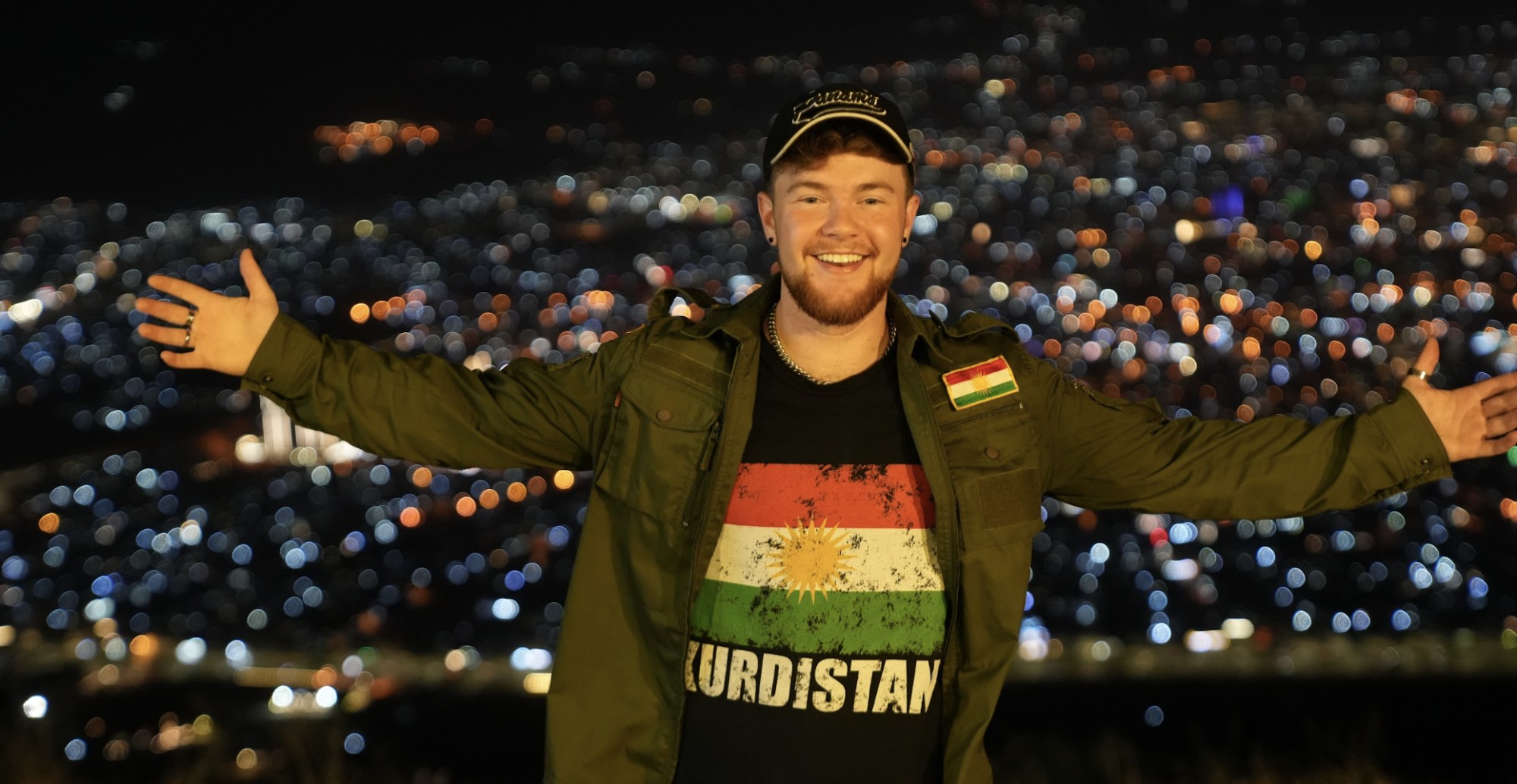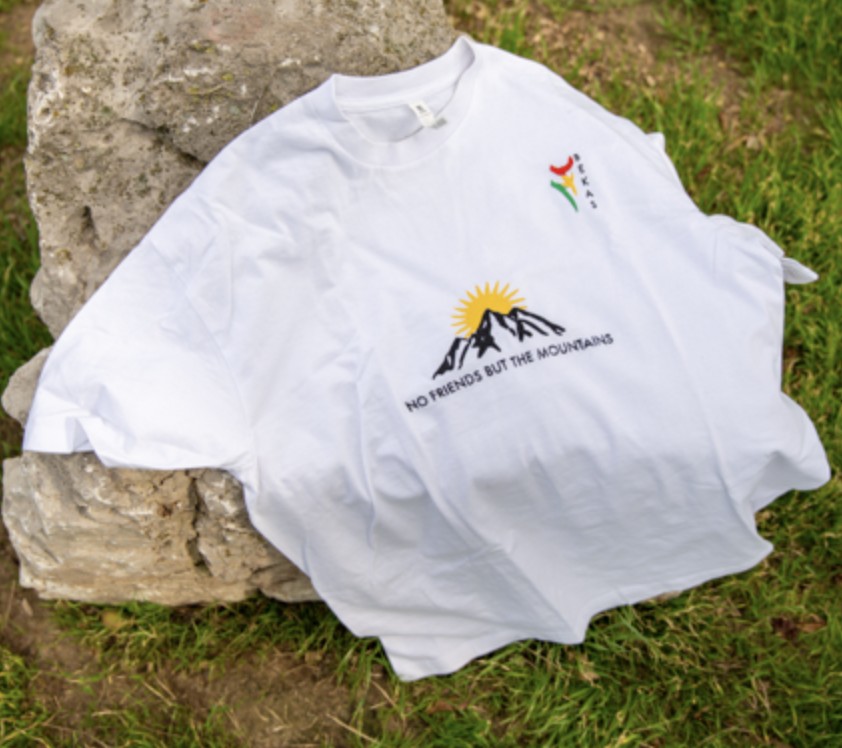Along the Tigris and Euphrates rivers in southern Iraq, a religious minority cloaked in white performs ritualistic baptisms in the flowing waters. These are the Mandaean Sabians, an ancient community steeped in tradition and a unique understanding of faith.
The term Sabian derives from the Mandaic word saba, meaning “baptized” or “immersed.” Mandaean, on the other hand, comes from manda, signifying “knowledge.” Therefore, Mandaean Sabians translates to “those baptized with the knowledge of God.”
Southern Iraq, once known as lower Mesopotamia, is the historical homeland of the Mandaeans.
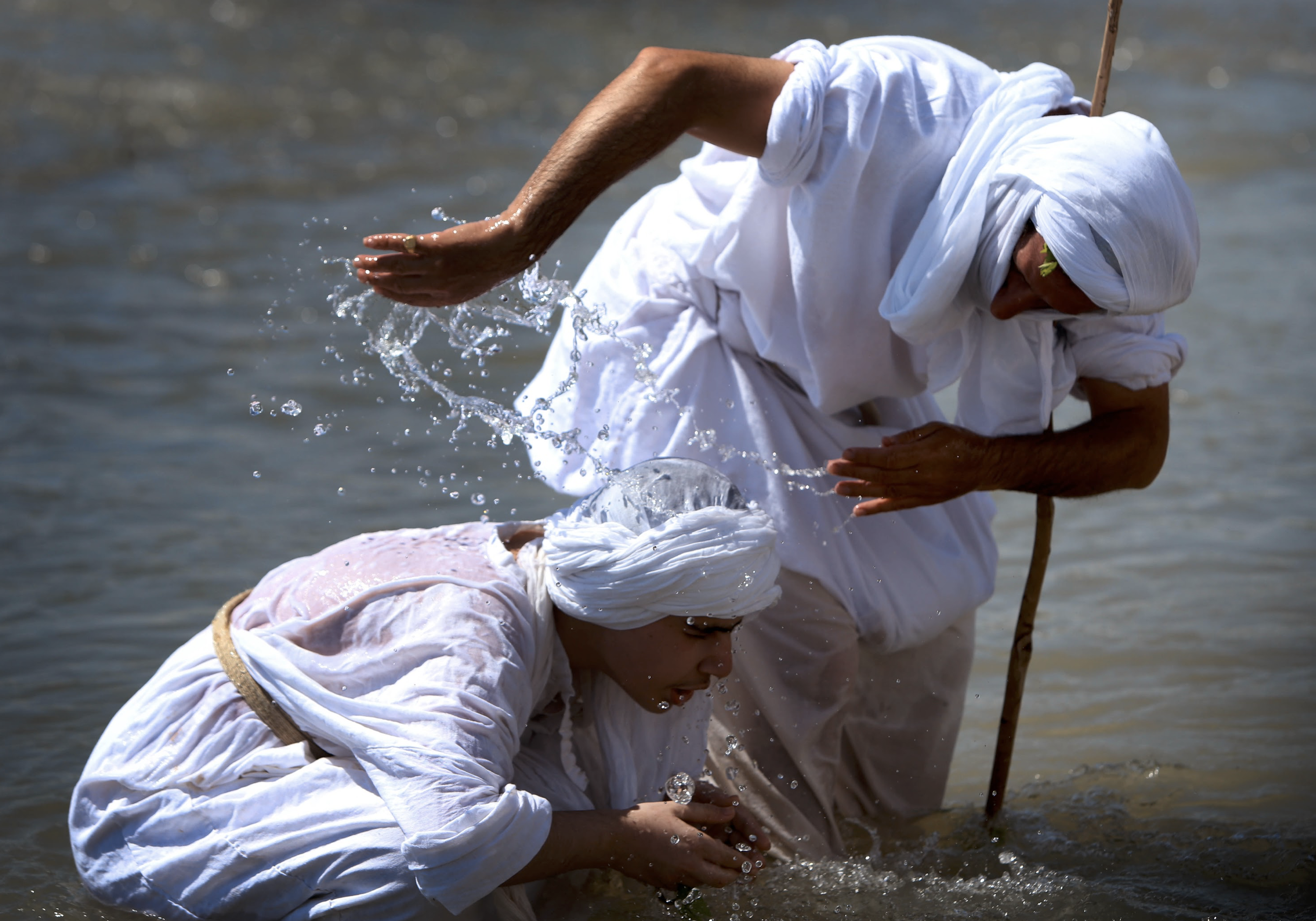
Monotheism is central to their beliefs. God is referred to as the Great Life or the Eternal Life in their sacred text, the Ginza Raba (The Great Treasure). They trace the lineage of their prophets back to Adam, the first human and teacher, followed by Seth (Shetel in Mandaic), then Sam, the son of Noah. Their last prophet is Yahya, the son of Zekariya, whose is mentioned in Bible as John the Baptist and in the Quran as Prophet Yahya bin Zekariya. Also, the Sabians are mentioned in the Quran alongside the Jews, the Christians, and the Zoroastrians as ahl al-kitāb, or “people of the book.”
The Ginza Raba, a 600-page text, serves as their holy book. It is divided into two parts. The first section delves into creation, the struggle between good and evil, and the journey of the soul into Adam’s body. It also includes prayers, religious practices, and theological principles. The second section focuses on the soul’s fate, exploring reward and punishment in the afterlife.
Mandaic, the native language of the Mandaeans, is an Eastern Aramaic language with roots in the Semitic family. Notably, all their religious texts are written in Mandaic, with their alphabet mirroring the cyclical nature of their beliefs – it begins and ends with the letter “alef,” symbolizing the return to origins.
For millennia, the Mandaeans have distinguished themselves through their exquisite jewelry making, a skill that has become their cultural hallmark. With a long history and unique beliefs, the Mandaeans are a community where faith, tradition, and artistry flow together like the very rivers that cradle their ancient civilization.
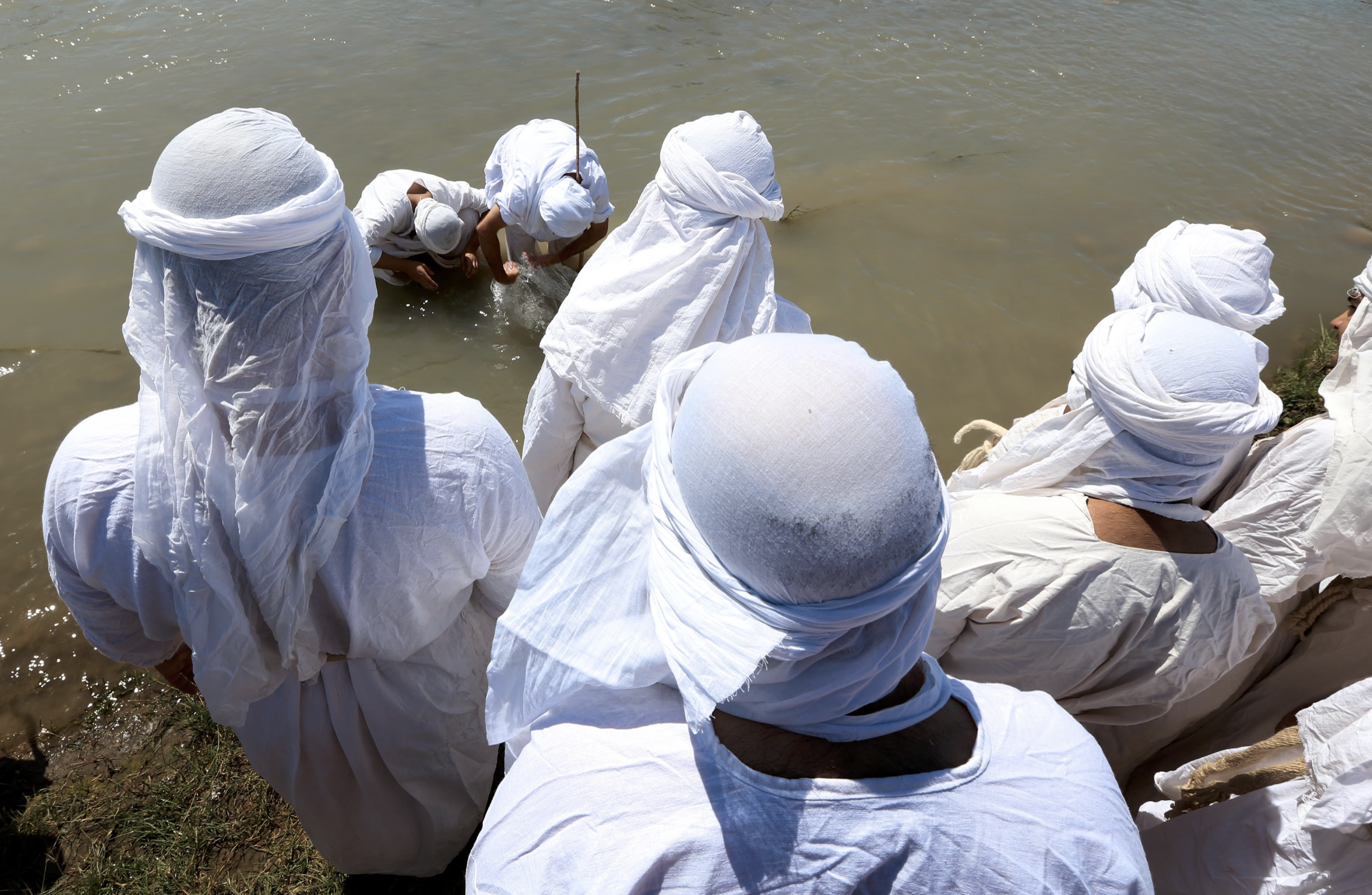
Since U.S.-led coalition forces deposed Saddam Hussein in 2003, many Mandaeans have fled sectarian violence and instability in southern Iraq and sought safety in the Kurdistan Region, known for its relative peace and tolerance.
This sense of security led to the establishment of the Mandaean Culture Association in Erbil in 2007. Alongside a temple, the association provides a space for Mandaeans to practice their rituals, celebrate holidays, and engage in cultural activities. They have even taken steps to connect with Kurdish society, printing a booklet in Kurdish that explains their beliefs, rituals, language, and customs.
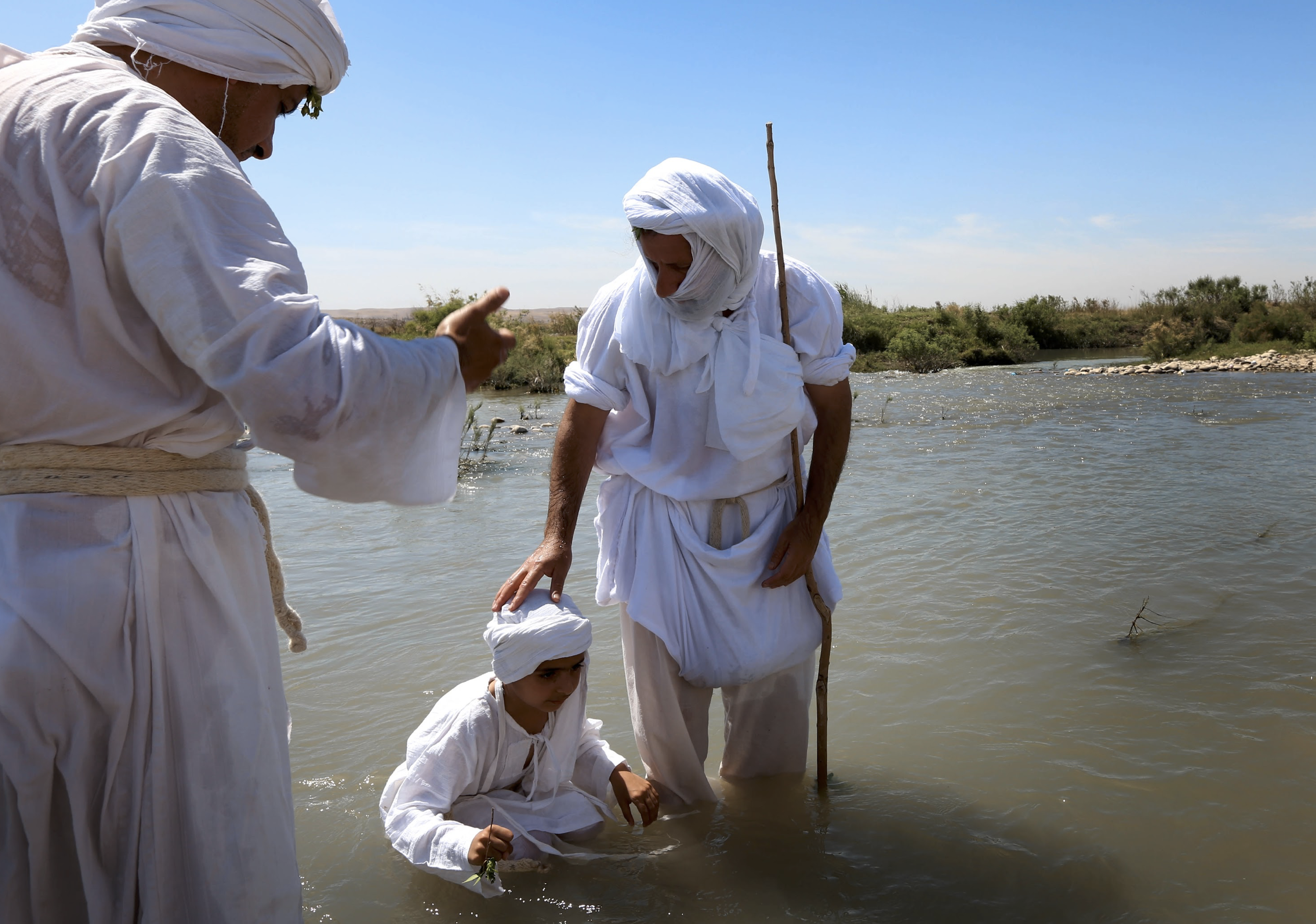
“We found Kurdistan to be a safe haven,” said Faiza Diab Sarhan, Vice President of the Mandaean Culture Association and a prominent member of the Mandaean community in Kurdistan. “The Kurdish people are tolerant toward other religion and ethnicity groups,” she added.
According to Sarhan, who also serves on the Board of Directors of the Alliance of Iraqi Minorities Network, “around 750 Mandaeans now call Kurdistan home, with the majority residing in Erbil, the region’s capital.”
In Iraq, there are around 20,000 Mandaeans, the majority of whom dwell in Baghdad.
However, this is a fraction of the community’s pre-2003 size. Sarhan estimates that before the 2003 liberation, there were roughly 70,000 Mandaeans in Iraq. Sadly, due to violence and discrimination, a third of the community has fled the country altogether.
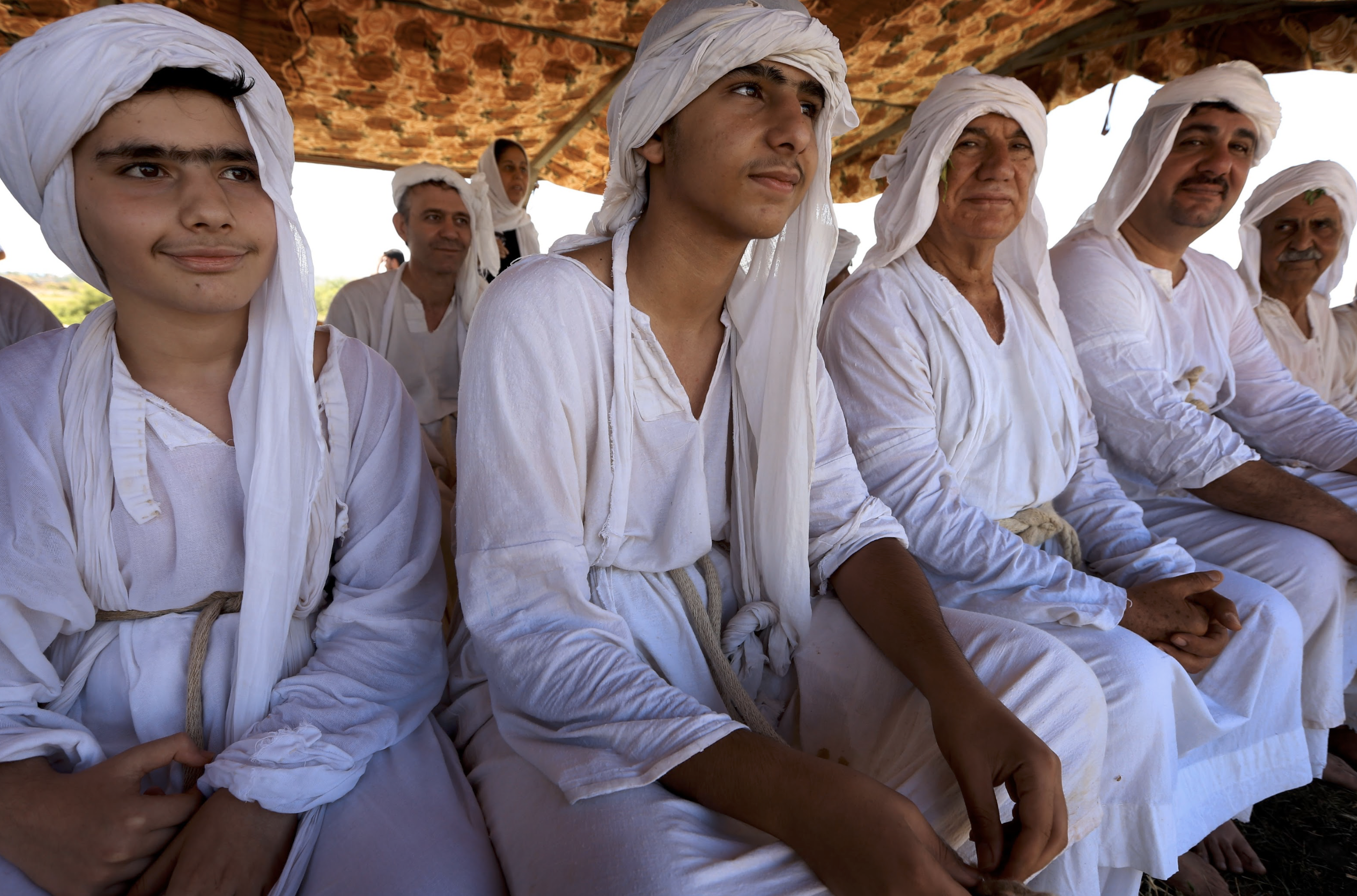
Despite the challenges, Sarhan expresses hope for the future of Mandaeans in Iraq. “There is no encouragement for emigration among the Mandaeans,” she said. “In fact, some families who immigrated to Europe are returning, mainly to Kurdistan, because they fear their children will lose their culture.”
However, significant hurdles remain. She highlights the seizure of Mandaean lands in Baghdad and southern Iraq by armed militias, a tactic used to alter the demographics of these areas. She also criticizes Article 26 of Iraq’s Unified National Card Law, passed in 2015. This law mandates that the religion of a minor be changed to Islam if one parent converts, a clear violation of the rights of non-Muslim minorities. Sarhan, along with others, advocates for amending this law, allowing children to choose their faith upon reaching adulthood.
“Our biggest fear, however, is not feeling safe in our own country,” she lamented.
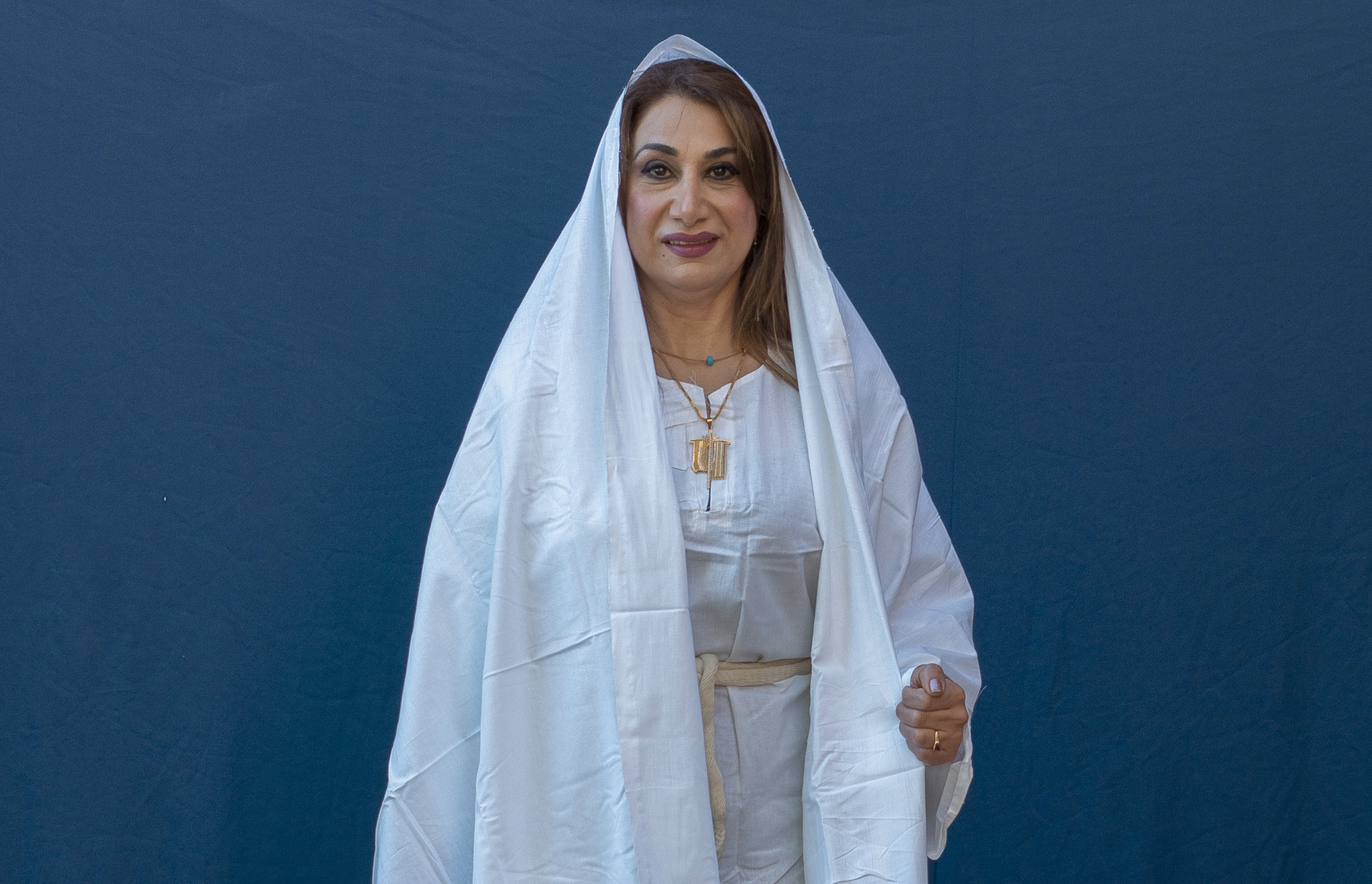
Beyond security concerns, language preservation is another pressing issue. With only one school in all of Iraq dedicated to teaching Mandaic, the Mandaeans’ ancient language, Sarhan hopes the Kurdistan Regional Government (KRG) will establish a school in Erbil to serve the community’s educational needs.
Looking toward the future, Sarhan expresses a desire for increased support from the KRG. She advocates for equal rights for Mandaeans and the opening of university doors to students from across Iraq.
“We feel safe in Kurdistan and want to build our future here,” Faiza concluded.
Qassim Khidhir has 15 years of experience in journalism and media development in Iraq. He has contributed to both local and international media outlets.
